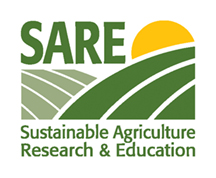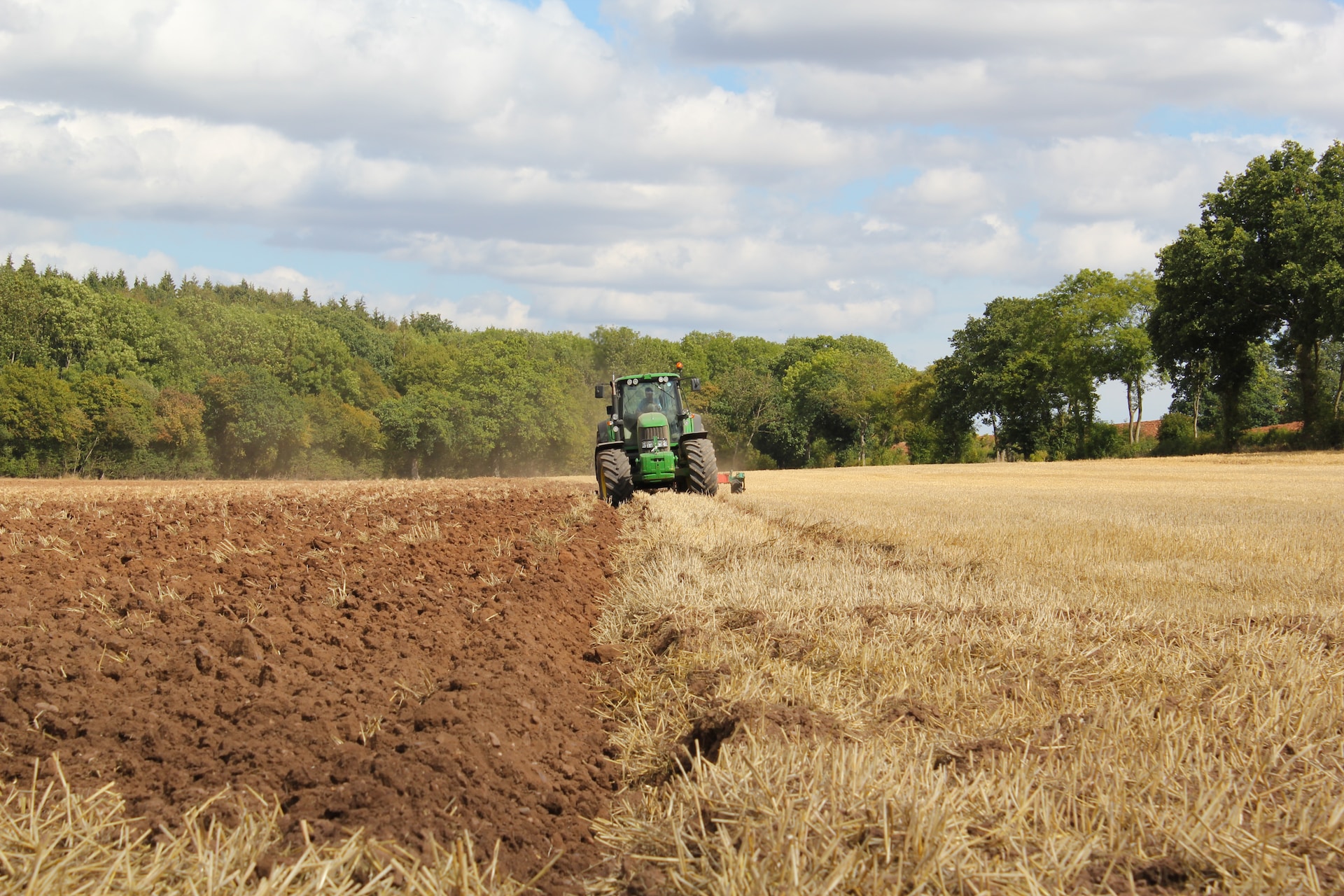
Farm Commons trains agricultural educators and producers in sustainable farm law practices to manage risks and increase the resilience of agricultural businesses in diverse communities across all four SARE regions.
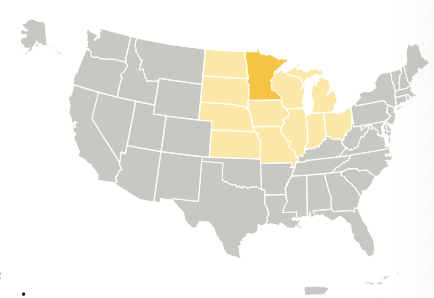
Region: North Central
State: Minnesota
Grant Type: Professional Development Program
Grant: ENC18-164
SARE POST-PROJECT EVALUATION IMPACT MODEL
This Evaluation Impact Model is specific to this SARE-funded project.
Sustainability Impacts
The project grantees and stakeholders contributed to the following sustainability impacts:
- Economic sustainability impacts
- Social sustainability impacts
Grantee Indicators
(Farm Commons)
Project grantees (defined above) achieved sustainability impacts by engaging with the following indicators through involvement with project activities:
- Increased knowledge/skills
- Increased capacity/motivation
- Practice change
Train the Trainer PDP Participant Indicators
(Ag Educator)
Project stakeholders (defined above) achieved sustainability impacts by engaging with the following indicators through involvement with project activities:
- Increased knowledge/skills
- Increased capacity/motivation
- Practice change
- Increased engagement
Sustainable Agriculture PDP Participant Indicators
(Producer)
Project stakeholders (defined above) achieved sustainability impacts by engaging with the following indicators through involvement with project activities:
- Increased knowledge/skills
- Practice change
The Success Story
Farmers who under-utilize legal services are more vulnerable to loss when not well informed about the legal aspects of their operations. As sustainable farming expands, producers need a sound legal infrastructure to avoid becoming entangled in legal issues. Farm Commons trains producers and agricultural educators in farm law to improve risk management and build more resilient, stable agricultural businesses. Farm Commons’ pilot SARE projects in the North Central region have successfully expanded to country-wide, farm law training opportunities for farmers and agricultural educators that are particularly relevant and inclusive of the diverse audiences within the agricultural community.
Training Agricultural Educators for the Greatest Possible Impact
Our 2018 SARE professional development grant was our first real opportunity to build and be more intentional, more conscious, more empowering of the agricultural educator. ... We’re always thinking about the farmer as the end client, but we are building in the direction of routing that through agricultural educators for the greatest possible impact. This 2018 project was really a midway point between our foundations, our origin, and where we are now in the additional ways we have empowered the agricultural educator community to be able to reach farmers with legal issues.”
—Rachel Armstrong, Professional Development Program Grantee
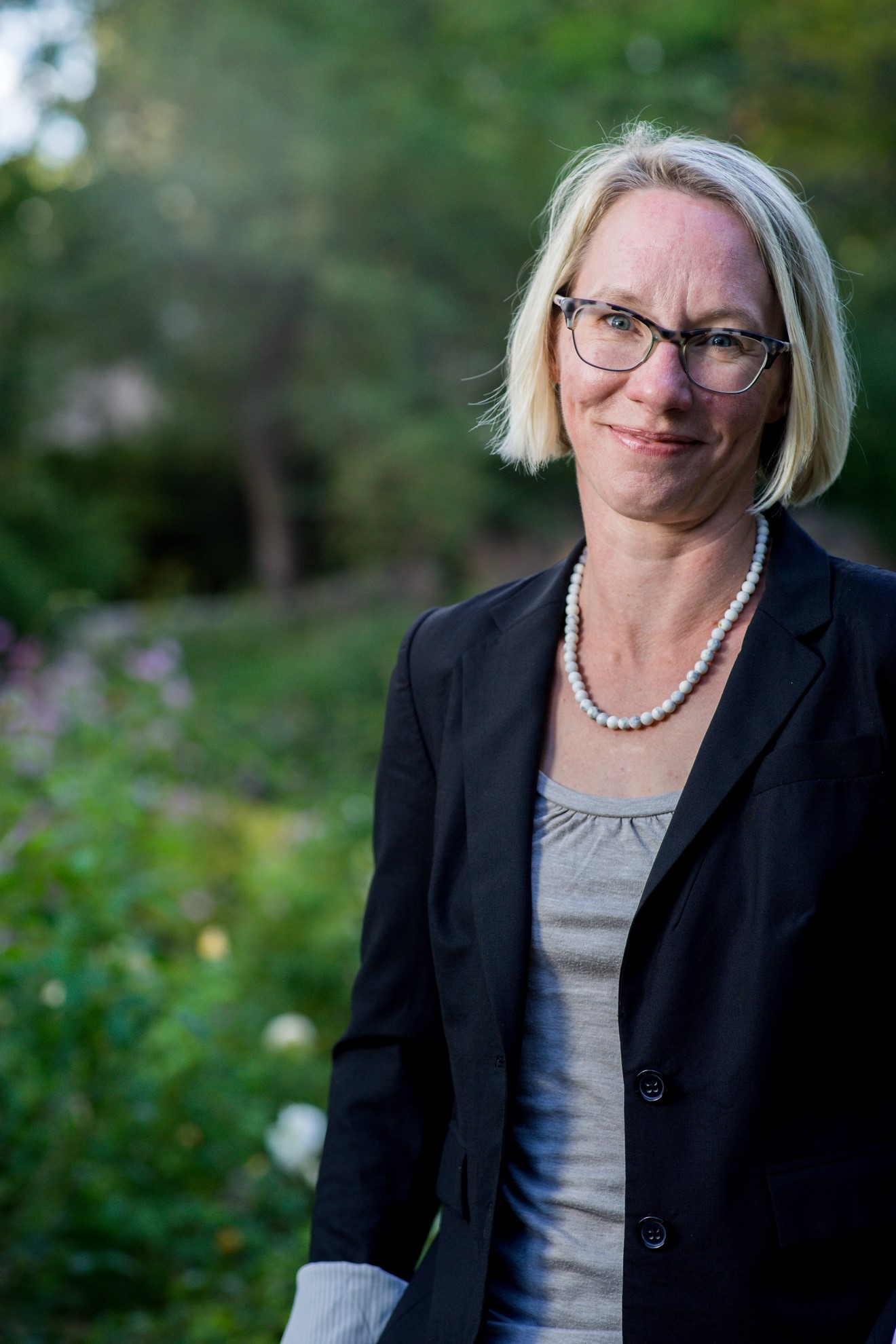
Grantee (Farm Commons) Highlights
Attorney Rachel Armstrong, Principal Investigator, is the Executive Director and founder of Farm Commons, a member-based non-profit based in Minnesota. Farm Commons empowers agricultural communities to identify and resolve their own legal vulnerabilities through an ecosystem of support. Through nine SARE grants awarded between 2013 and 2023, Armstrong expanded the organizational focus beyond creating farm law resources for producers to a robust education model for agricultural professionals. The ENC18-164 PDP project, piloted in the North Central region in 2018, led to additional SARE grant awards to train agricultural educators in sustainable farm law in the Northeast, Western, and Southern regions. Over time, Farm Commons has deepened its knowledge of what works in each region through legal research and local partnerships. For example, Farm Commons adapted the North Central PDP training content to the higher pressures of land costs and urbanization, strong agritourism, and the direct-to-consumer markets that characterize the Northeast region. The Western region, on the other hand, has large, highly varied geographic areas and distinct pockets of agriculture. In this context, Armstrong learned it was most effective to lean on local partners for their input and to shift from a pan-regional approach to focus on the needs of specialty crop producers in one state (Washington). These nationwide opportunities led to the growth of Farm Commons from one staff member (the PI) to a team working across six states. More recently, Farm Commons received a PDP grant (ENC22-210) to train agricultural educators to become farm law leaders in their communities and to deliver workshops on legal issues for sustainable and direct-to-consumer farmers. Based on demand, this program creates a next step in the training program for agricultural educators who have completed the Guiding Resilience workshop.
Train the Trainer PDP Participant (Agricultural Educators) Highlights
The ENC18-164 project utilized SARE funds to educate more than 300 Farm Service Agency staff, Extension staff, Resource Conservation and Development staff, Natural Resources Conservation Service staff, community lending entities and loan officers, nonprofit farm advocates, and nonprofit farm education staff in sustainable farm law through a series of six in-person workshops and tip sheets. Farm Commons then converted the in-person workshop to a four-part series of online training events to reach even more agriculture professionals. After the training, a majority of participants reported a modest or significant increase in confidence in directing sustainable farmers to answers and action steps that resolve legal questions. Within four months, 60% or more of participants reported they had started making each of the 10 legal resilience recommendations to farmers. Beyond the grant period, agricultural educators and farmers who received training continue to come back with new farm law-related problems and Farm Commons is helping them find solutions. Partner organizations are leveraging their funds to receive ongoing guidance and technical assistance from Farm Commons, demonstrating notable partner buy-in and strong commitment to making sure their organizations can adequately address legal issues when educating producers.
Increased Awareness of Legal Issues and Issue Spotting by Agricultural Educators (Trainees)
Agricultural educators also serve a really powerful role in helping to spot issues, identify what issues are really important, which are right for education, and which demand an attorney ASAP to help recognize what the farmer is trying to do and support them. This can be scary, it can be difficult, it can threaten people’s confidence. And so having that agricultural educator there is really crucial to being successful over the long term. ... Just because nobody’s getting sued, doesn’t mean we’re fine. We have noticed increased global awareness about these issues. We are seeing our agricultural professionals be better able to spot legal issues and help route that farmer to a solution, particularly in the area of employment law.
—Rachel Armstrong, Professional Development Program Grantee
Sustainable Agriculture PDP Participant (Producers) Highlights
From onset, Farm Commons applied SARE funding to support producers in building legally resilient businesses. Armstrong utilized the first SARE grant (LNC13-348), a research and education grant, to gather input from midwest farms through focus groups, to conduct legal research, and to create a practical resource guide for producers that was relevant and approachable. More than 2000 farmers received information about how the law affects their operations through print resources, seven workshops, and three webinars. A majority of participants reported they made a specific change to their farm business within three months of accessing Farm Commons’ resources. A decade later, Farm Commons continues to strengthen farmers’ legal knowledge and skills. Armstrong’s most recent SARE partnership grant (ONC23-118) includes creating a Circles of Resilience community of practice for farmers to build peer support, strengthen leadership skills, resolve legal issues, and improve quality of life.
We've had strong continuity in the North Central SARE region. For 10 years I have been working with the same people who have been extremely consistent in their expectations, helpful in identifying their preferences, and very responsive."
—Rachel Armstrong, Professional Development Program Grantee
The Impact of SARE
Sustainability Impacts
Farm Commons has improved risk management for agricultural businesses across the country. By increasing producer awareness of best legal practices, farm law education reduces the producers’ legal vulnerabilities, avoids legal difficulties in the first place, and helps producers access financing and support through private lenders and government programs with an accurate understanding of the legal stability of sustainable farming. This builds stronger, more sustainable business models for farmers, and helps farmers increase profitability as they spend less time managing legal complications and have expanded access to markets, financing, and opportunity. In 2021, Farm Commons was awarded a Southern SARE education grant to create an ecosystem of support and education in farm law for Georgia state producers. Farm Commons worked with nonprofits and organizations with audiences in Georgia to reach farmers during the pandemic. The project recruited a majority of learners (farmers) who identified as Black, Indigenous and People of Color (BIPOC). The focus on BIPOC experiences was driven partly by the timing of the grant shortly after George Floyd was murdered in June 2020. This motivated the grantee to reflect on white mid- westerner bias in the training and their primarily white audience. Armstrong sought feedback from BIPOC learners on how their experiences were reflected in the training and subsequently made modifications to improve the farm law curriculum. Additionally, Farm Commons shifted marketing strategies to reach more BIPOC audiences and successfully increased the diversity of training participants. Currently, Farms Commons is launching an initiative to reach Native American producers in Minnesota giving special attention to the complexities of tribal law.
Barriers
Farm Commons faced challenges in gathering feedback from busy producers for evaluation purposes, especially within the SARE reporting timeline. Armstrong has learned that finding farmer success stories and effectively engaging producers requires time, creativity and resources.
Contributors
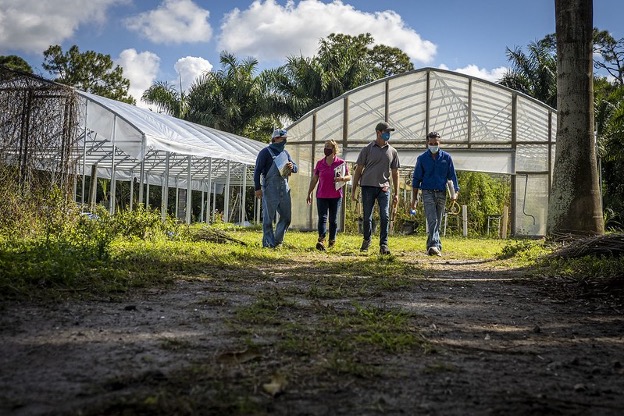
Armstrong’s success was first built upon a strong foundation of networks, legal expertise, and familiarity with agricultural systems and extension in the Midwest, but she also received inquiries and input from farmers and agricultural educators across the country who had heard about Farm Commons’ successful trainings and were eager to learn about farm law in their respective contexts.
